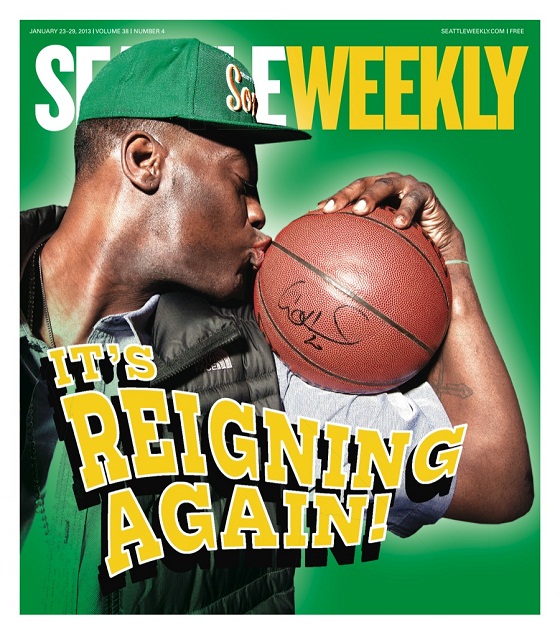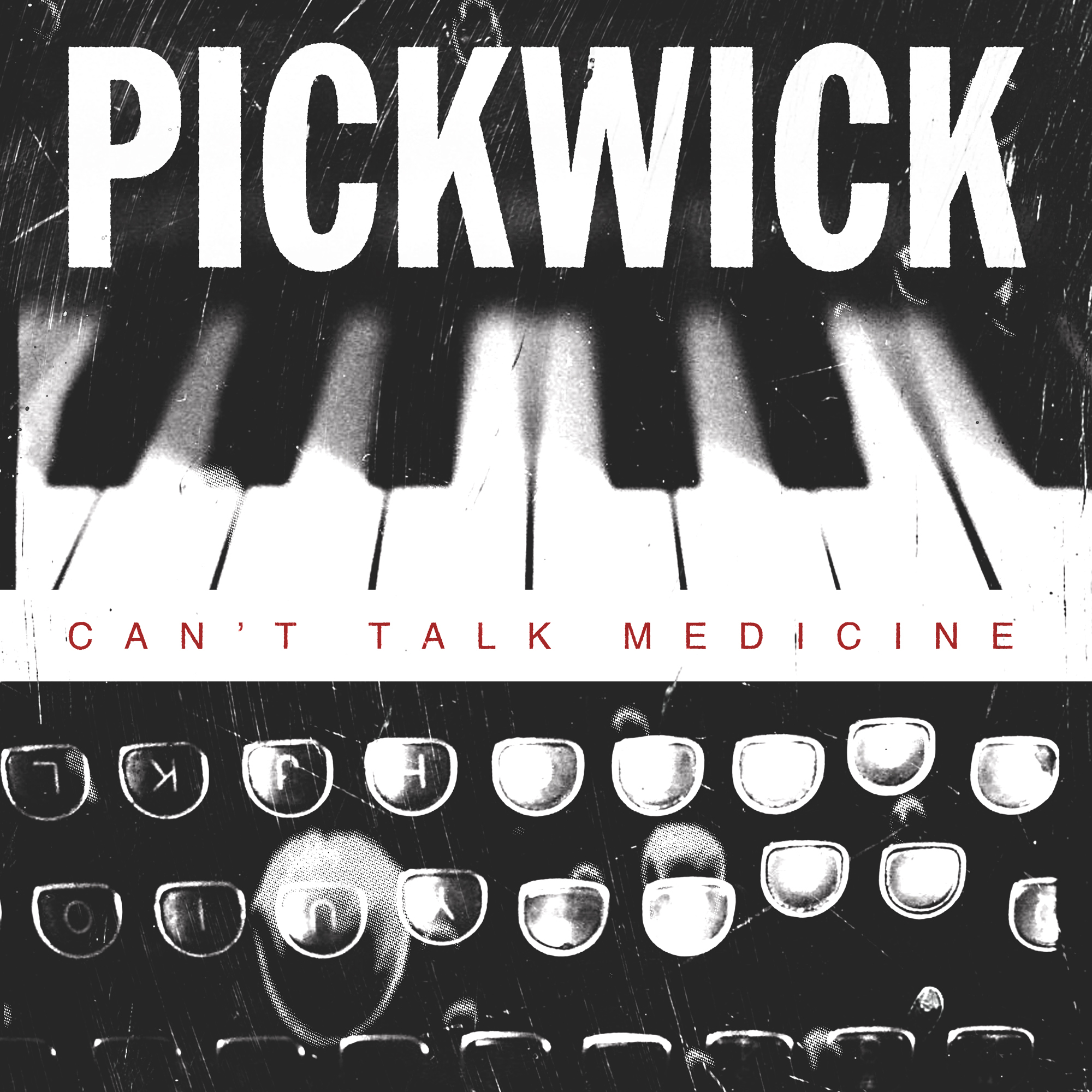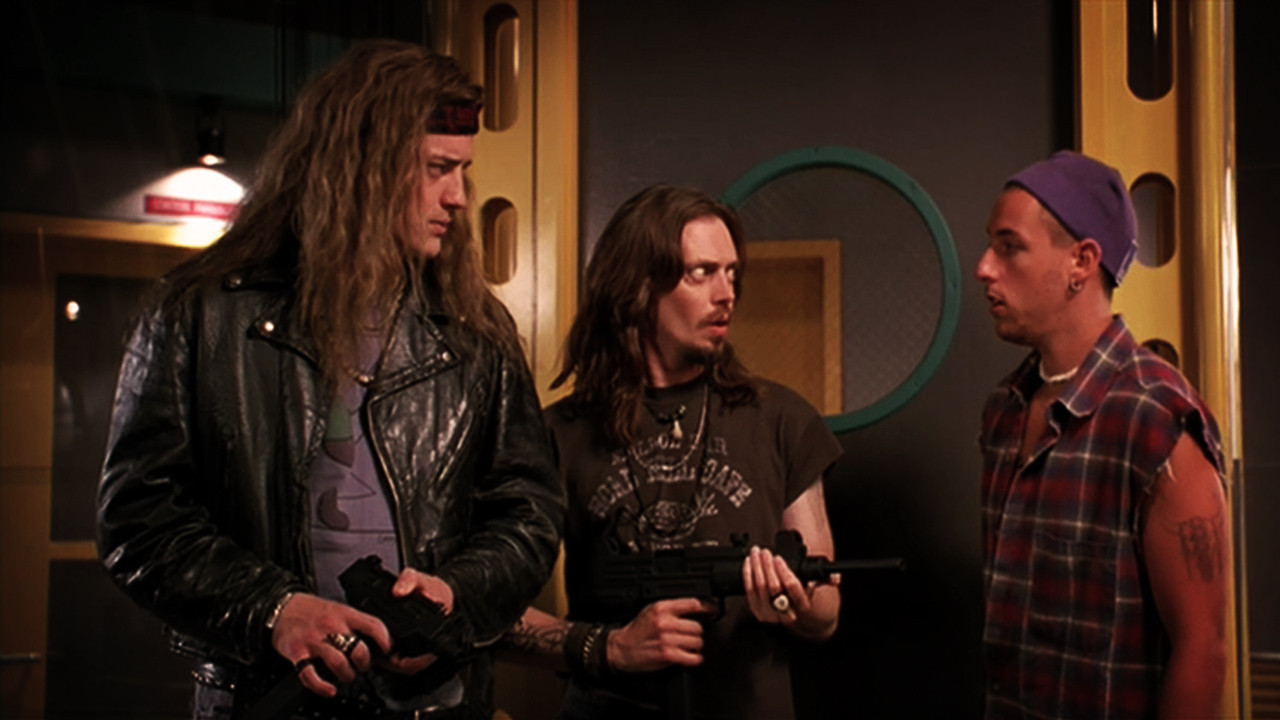Tia SchmitzThis reader’s letter is in response to Chris Ruen’s piece, The Misplaced Zeal of Aaron Swartz, which ran in Seattle Weekly last month.By Jake SvendsenChris Ruen’s recent Seattle Weekly article describes Aaron Swartz as a copyright radical. However, Swartz’s understanding of copyright and society reflects a legal tradition with deep historical roots. Justice Breyer, refering to the Copyright Act of 1909, noted that we are “a Nation constitutionally dedicated to the free dissemination of speech, information, learning, and culture.” Were a copyright statute to conflict with this aim, “that statute ‘would be beyond the power of Congress’ to enact.” (Breyer, Eldred v. Ashcroft 1/15/03) In downloading research papers from JSTOR’s database, Swartz was attempting (albeit extralegally) to embody these values.Aaron’s mission was about expanding public access to information, scholarship and knowledge. Article 1, Section 8 of the Constitution seeks to “promote the progress of science and useful arts.” How can a society progress without public access to the tools of learning? Isn’t it part of the American spirit to be “unconstrained by governments, corporations, or gatekeepers of any kind?” (Ruen, Seattle Weekly Feb. 2013) Mr. Ruen rightly points out that copyright reform should start with reducing the time it takes for works to enter the public domain. Also worth keeping in mind are the words of James Madison, that copyrights and patents “tho’ in certain cases useful ought to be granted with caution, and guarded with strictness agst abuse” in order to “guard against the public discontents resulting from the exorbitant gains” of patent holders and “the inconvenient restrictions combined with them.” (Madison, Monopolies, Perpetuities, Corporations, Ecclesiastical Endowments)To blame music fans solely for artists’ financial difficulties ignores the role played by record labels that use copyright to disenfranchise artists and profit from music the label did not create. When a record label gains an artist’s copyright, it becomes a costly legal battle for the artist to regain control of the copyright. The current legal framework surrounding copyright “is a system that is designed to favor the more powerful, better informed, more lawyered party which is almost always the record label.” (Jodie Griffin, Attorney at the nonprofit Internet and copyright organization Public Knowledge, quoted by Allison Keyes, George Clinton Fights for His Right to Funk, Jan 2012, NPR.org)In a recent Hard Knock Radio interview, Parliament Funkadelic founder George Clinton talked with musician and radio host Davey D about some of the strategies record labels use to gain control of artists’ copyrights: Clinton: There’s ways people can steal your stuff and you can’t do anything about it, just by going online (and) changing your ownership, transferring your music to themselves. That can be done and it’s been done to us.DD: So that money’s not going back to you all? GC: It’s not going to us at all. We’re having to, the entire band’s money is going basically to the same person who got mine…a lot of stuff gets reverted back to the authors in 2013…the record companies are fighting like hell all of a sudden not to honor that because they never did have to honor it before.DD: So they’re trying to change the laws as we go along.GC: They’re fighting like hell not to let (copyrighted songs) revert back to me…(record label representatives) have actually went ahead of time into the copyright office and already changed the ownership, have already done this… DD: So they changed the ownership so the clock starts all over again?GC: Yeah, changed it and the copyright place tell you ain’t nothing we can do, you have to take it to court.(Hard Knock Radio, March 2013)Retaining control of one’s music and its distribution becomes difficult when record labels seek an ownership interest in every aspect of an artist’s output. Hip-hop musician Lupe Fiasco, speaking in 2010 about a business deal his record label offered him, said “there’s something called a three-sixty deal which entails that they get 25 percent of any ancillary (revenue) that you do that comes from your music. So if I’m famous because of a song that leads me to get a TV show or a sneaker…they think that they deserve 25 percent of that. I refused to do that.” Lupe says he was “told that because you didn’t sign this three-sixty deal we may or may not push your record. So when Shining Down came out and you didn’t hear it on the radio station it was because they never took it to a radio station…I’m at the mercy of the powers that be.” (October 2010 speech at the Second Regional Academic and Cultural Collaborative) Lupe’s experience with his label belies the assertion that “even if the state or a private power doesn’t like a piece of creative work, copyright gives the paying public final say” over whether the work should be heard, and that “a wealthy artist is also an artist who answers to no one.” (Ruen, Seattle Weekly Feb. 2013) Conflating Aaron Swartz’s opposition to legislation with a disregard for artists’ rights is misleading, given the importance our society places on public access to education and information. Opponents of SOPA and PIPA (legislation Swartz fought against) are not merely opportunists, but concerned citizens whose ranks include ACLU members, Tea Party supporters, as well as both Republican and Democratic Congress members. Supporting artists’ rights is a laudable endeavor, but by focusing solely on one side of the issue (the illegal downloading of music) while ignoring the predatory role of record labels, Chris Ruen fails to paint the full picture.
More Stories From This Author
Capitol Hill Block Party Artist Panel Series 2019
The Capitol Hill Block Party Artist Panel Series 2019 is free (no festival wristband required), all-ages, and takes place from…
By
Seattle Weekly • July 9, 2019 11:10 am
Golden Idols will release new EP
Seattle quartet returns with ‘Uneasy’
By
Seattle Weekly • June 24, 2019 5:30 pm
Travis Thompson, Wolf Parade headline Fisherman’s Village fest
The Everett Music Initiative festival, May 16-18 in Everett, will showcase more than 50 acts.
By
Evan Thompson • March 18, 2019 12:00 pm







